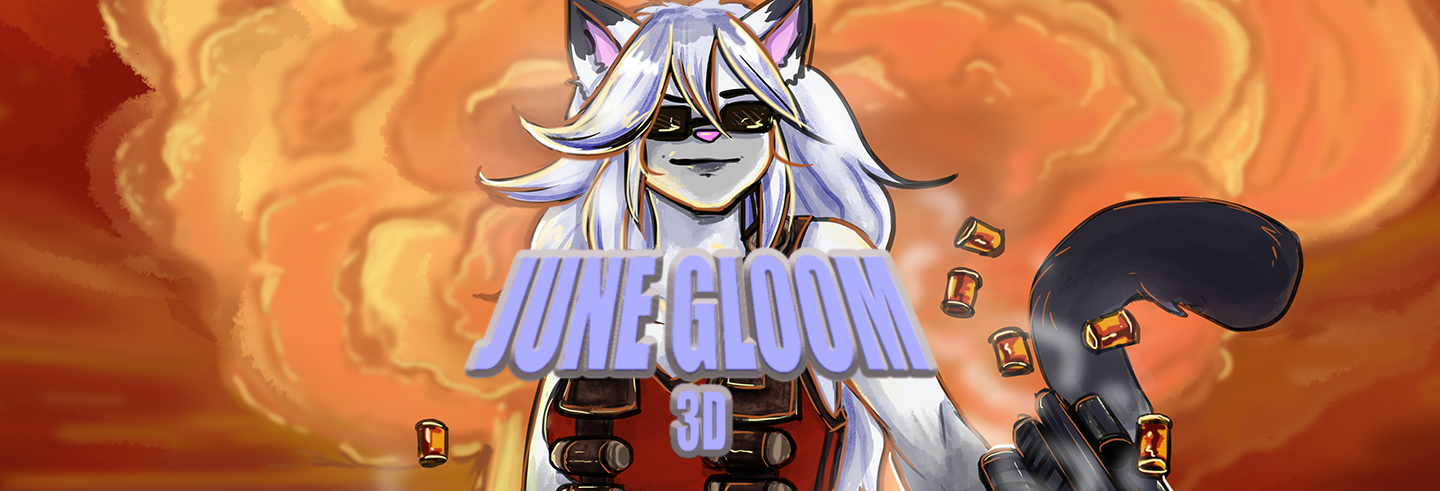Medal of Honor: Frontline
Electronic Arts Los Angeles

|
| images c/o Mobygames (XBox version) |
(Okay, yes, technically Medal of Honor: Allied Assault beat Frontline to it by a couple months, but as arguably superior as that game was, it was a PC-only spinoff to a predominantly console series, with development farmed out to a different company. It’s ironic to look back on it and realize just how much more important it was to the founding of the Call of Duty franchise, while Frontline instead was mostly just important to Medal of Honor.)
Frontline is one of the obvious roots of the ideas that would eventually become Call of Duty. The original game’s followup, Underground, had been pretty good in its own right, but wasn’t much different. With Frontline, the series made the jump to the Sony PlayStation 2 (and its competitors, the Microsoft Xbox and the Nintendo GameCube), and with it, the technology necessary to bring the dream of an Omaha Beach reenactment on consoles alive. WWII GI may have been the first to feature such a sequence, however janky it may be, but Frontline, at least by early 2000s standards, made it feel almost real. Of course, looking at it over two decades later it’s weird — the beach is largely empty, the playing field is fairly small, there’s a complete lack of gore or even blood (further emphasizing the series’ initial intent as being “family friendly” inasmuch as a war game can be such a thing) and there’s a layer of jank that permeates everything. By all rights, it's a somewhat inferior experience to Medal of Honor: Allied Assault's version of the battle. But it still left quite an impression.
At first glance, Frontline is bigger, better and more beautiful than its PSX prequels. Jimmy Patterson, hero of the first game, returns, with most of the game’s timeline fitting into some of the empty months between the first game’s missions. You’ll do everything from storming Omaha Beach to fighting through Normandy to tracking down the mastermind behind an experimental jet fighter. But it’s nonetheless as Medal of Honor as can be, with its awkward controls, Goldeneye 64-style gameplay, and emphasis on a sense of authenticity (though, veteran interviews seem to be absent this time around.)Like its predecessors, stealth sometimes comes into play; and like its predecessors, it’s mostly window dressing, with your disguise scripted to be blown often after only a few minutes, the most egregious example probably being late in the game where you steal a man’s uniform while he showers, only for him to run out after you in his underwear after you’ve gotten past a security detail across the street.
In spite of generally being a lot like the Medal of Honor we know, it’s got a few things that hint towards what would eventually become Call of Duty. While you’re still expected to act alone, you’ll often be helping Allied troops fight in the streets across France and Holland; these sequences often feel much more dynamic, with enemies everywhere and stuff blowing up. These moments are generally fairly fleeting; most of the game is classic derring-do, with Patterson working alone behind enemy lines to sabotage Nazi plans. Who needs James Bond when you have James Patterson?
Honestly, I found the game frustrating. It’s a great example of those early 2000s console shooters where they hadn’t quite gotten the hang of things like feedback, aim assist, and responsive controls. With no ADS, you’re instead having to use the aim button, where you get a slight zoom and can lean in multiple directions but are unable to move. You can move and shoot, but it’s far from accurate; even aiming carefully is not a guarantee that your bullet won’t just go right through an enemy. Enemies also have the obnoxious tendency to go through lengthy death animations, often making it difficult to ascertain whether you actually killed one because sometimes they’ll just be wounded and get back up. My favorite has to be the way some of them just cartwheel their arms as they lose their balance and fall backwards. Very dramatic, thanks. Worse still is the almost complete lack of subtitles; while subtitles weren’t yet common at the time, it’s still frustrating as they weren’t unheard of (see for example Metal Gear Solid.) Okay, this isn’t strictly true, there are subtitles… but only for German lines!While Underground was a decent followup, it’s at heart a glorified expansion pack. And of course Allied Assault may as well have been a different franchise entirely. For all intents and purposes, Medal of Honor: Frontline is the real Medal of Honor 2 — with all that implies.
-june❤
Part of a series on Medal of Honor
| Medal of Honor | Medal of Honor: Underground |
| Medal of Honor: Allied Assault | |
| MOHAA: Spearhead | MOHAA: Breakthrough |
| Medal of Honor: Frontline | Medal of Honor: Rising Sun |
| Medal of Honor: Pacific Assault | Medal of Honor: European Assault |
| Medal of Honor: Heroes | Medal of Honor: Heroes 2 |
| Medal of Honor: Vanguard | Medal of Honor: Airborne |
| Medal of Honor (2010) | Medal of Honor: Warfighter |
| Medal of Honor: Above and Beyond | |








No comments:
Post a Comment